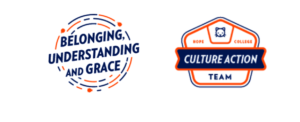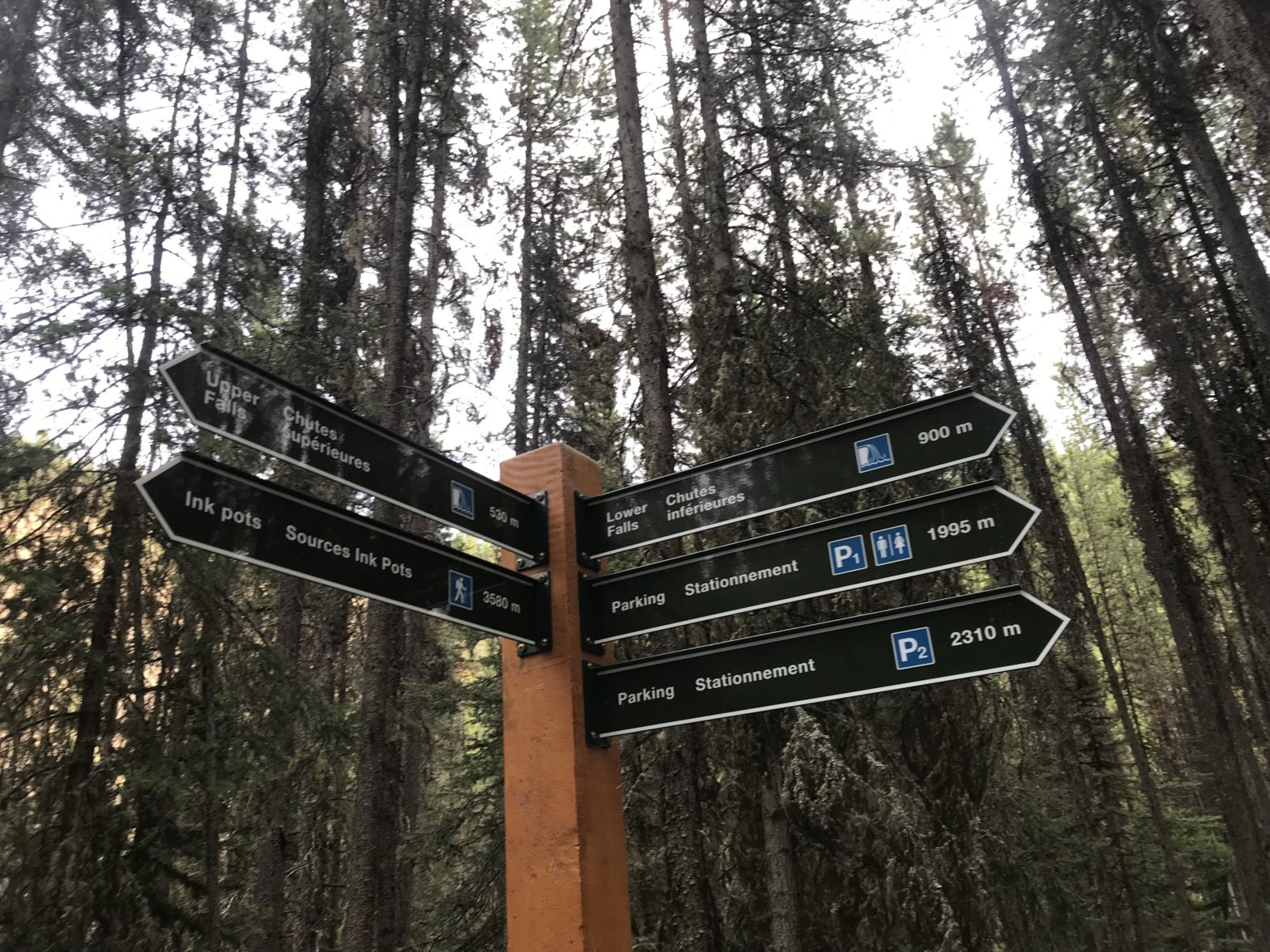“You’re not still doing such-and-such over there, are you? Oh, man, I hate that!” a colleague said to me a few months ago.
We hadn’t spoken much for a couple of years, and the two of us were catching up on “work stuff” for a moment or two. We had known each other for many years, and their candor didn’t surprise me at all. It’s part of what I like most about them.
Oh, man, I hate that!
I think about this conversation often.
Usually, this scene replays in my mind after I’ve jumped to my own snap judgments about another office or colleague. “Why don’t they do [such-and-such] over there?”
“Well, I’m sure they are just [insert gripe] again. That’s what they always do.” I assume.
When I catch myself in those moments, I have to take a deep breath, adjust my perspective, and try to rehearse the lesson that this earlier conversation with a friend helped me see.
Values empower us
In my work with students, we’re often talking about their emotions—not only recognizing them and figuring out what they are about—but also deciding how, then, to act in ways that are consistent with their values.
As I spend time re-thinking my snap judgments and assumptions with colleagues, what values inform how I want to act?
While I confess that I do not perfectly live up to my own standards, I acknowledge that the values from my upbringing, my faith and my experiences motivate me nonetheless.
Belonging, Understanding, and Grace

Hope College has some shared culture values.
Belonging, Understanding, and Grace are three key values the Hope community intends as trail markers to point the way toward a “vibrant, caring academic community where the Christian faith and the pursuit of knowledge intersect and where the full humanity of all may flourish.*”
So when the old longtime friend shared their honest thoughts, I believed the best in them. I took the opportunity—even if we wouldn’t fully agree—to explain why our office does something so confusing in their world. And I remembered that Hope College doesn’t belong either to my office or to theirs, but to both of us at the same time.
Our history together—our friendship—made thinking this way relatively easy for me.
A different example
Another interaction in the past year or two also comes to my mind frequently: while I shared with a different co-worker my righteous indignation that my department was misunderstood on campus, they replied quietly and with a sigh, “There are a lot of assumptions out there.” Their tone and body language told me that their workgroup’s experience was not all that different.
“There are a lot of assumptions out there.”
My work is not likely to make as much sense to anyone else quite as well as it does to me. Each staff and faculty member has their own daily challenges, connections to others in the community, and calling to do this work.

As for the second example, I don’t have the same history with that co-worker, but their statement opened me up to see that I share more in common with others that I think. The more I choose to act in a way that is empowered by and in the direction of belonging, understanding and grace, the more I lean into our common experiences, and the more I develop trust in my many colleagues: whether I’ve known them for years, or whether we have not met.
Belonging, understanding and grace point in the direction I want to act with more regularity.
What do we do?
Creating a college culture shaped by belonging, understanding and grace is a shared path and a shared responsibility. Hope doesn’t belong just to my office or that of my co-workers whom I mentioned above.
The past few years have been challenging; I know it, and so do you. You know your own particular impacts and challenges, frustrations and workloads. The last thing you may have space for is attention to one more thing–especially something as comprehensive as an entire workplace culture.
How can we expect a healthier campus culture, though, if we aren’t contributing to it?
You may feel pressure to do something, join a committee, volunteer more, etc. I hope you do engage where you feel called, but please remember that improving our campus culture may not require the dreaded *one more thing* from you.
What you are doing today already matters to Hope’s culture!
How you do it matters as well.
How can we expect a healthier campus culture, though, if we aren’t contributing to it?
Responding with belonging, understanding, and grace does not have to wait until we are sure we have time for it.
What if a significant way to make the culture you want at Hope is to find ways to foster belonging, seek understanding, and practice grace where you find yourself right now–in what you are already doing and in the relationships around you?
Aaron Schantz is a Staff Counselor in the Counseling and Psychological Services (CAPS) office and a member of the Culture Action Team.
*Hope College Christian Identity Statement
For more about how Hope College defines Belonging, Understanding, and Grace



Great reminders! Thank you, Aaron!